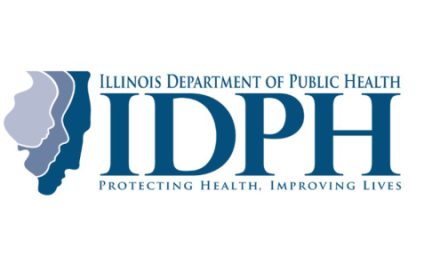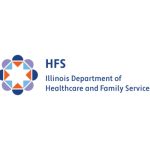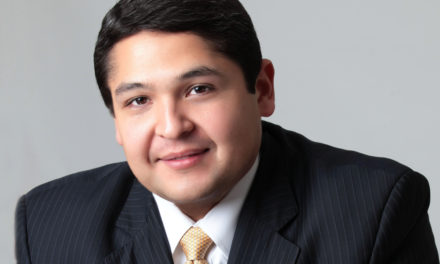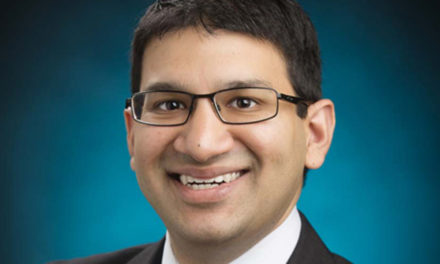
Illinois HIV Care Connect launches new campaign
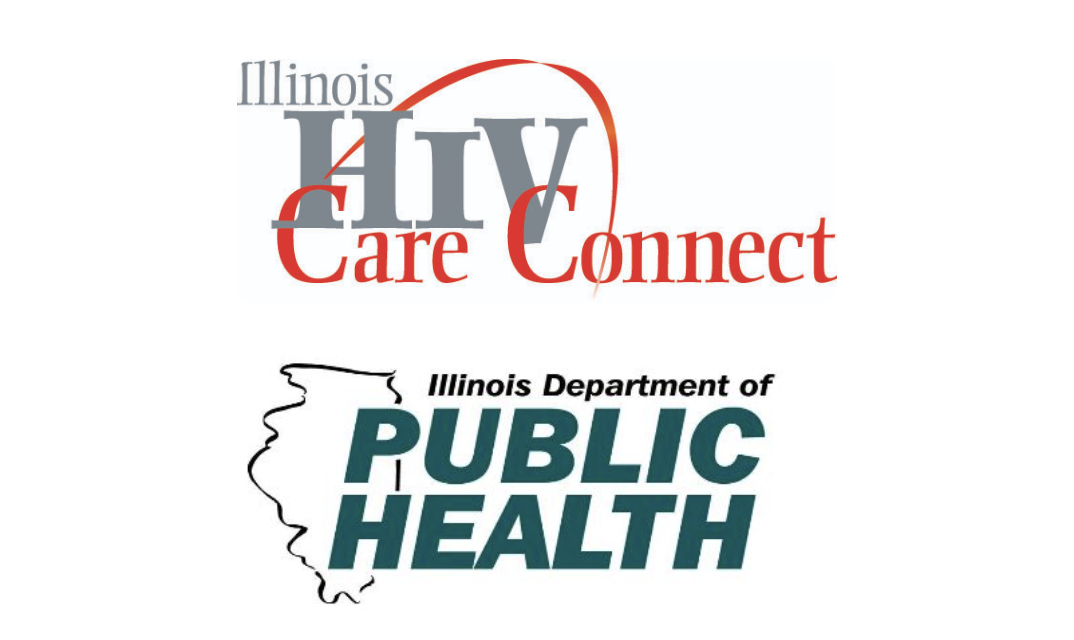
The Illinois HIV Care Connect announced this week the launch of a new campaign that aims to promote services for individuals living with HIV to avoid or manage chronic medical conditions.
The campaign has become especially important as, thanks to treatments, those living with HIV can live longer lives, said Michael Maginn, the HIV prevention director of the Illinois Public Health Association, which manages the initiative.
“We will never get to ending the epidemic if we don’t find innovative and age-appropriate methods to reach this population,” Maginn told Health News Illinois.
Maginn spoke more about the campaign and challenges in addressing care to this population.
Edited excerpts below.
HNI: Tell me about the Health Beyond HIV Campaign.
MM: We try to do these annual community approaches to issues that may be affecting people who are infected or affected by HIV. So when we came up with this, we noticed that people who are living with HIV, now due to antiretroviral therapies, are living a much healthier, longer life than previously.
People can live a somewhat normal life, but we’re also finding that aging with HIV causes other comorbidities to happen either more frequently or sooner than the normal aging process. Also, the increase of people living longer is increasing HIV, and we will never get to ending the epidemic if we don’t find innovative and age-appropriate methods to reach this population. And there’s so much stigma involved with it that no one’s talking about it, so it’s challenging.
So living with HIV infection is associated with early onset of age-related chronic conditions, sometimes described as accelerated aging. So whether it’s diabetes or kidney issues because of all the medications throughout the years, heart problems, all of it seems to be happening on an accelerated basis because of either the HIV medications or just being infected with HIV for many years.
HNI: How will this campaign roll out?
MM: We do it several ways. We do it by survey. We want to know what people’s knowledge is when first looking at the data and how individuals are reacting to aging who are living with HIV. This is a yearlong process. We then generate other survey questions to see what has transpired from the data and the learning modules that are provided through other resources besides HIV Care Connect.
Illinois is the first state for the governor to create a commission on LGBTQ aging. In that commission, they’re also looking at people that are aging with HIV and what are some of the social norms that can change — whether it’s cultural competency with healthcare providers, aging in place, and being able to provide services — through the surveys of what people are needing and what they’re lacking.
I think it’s become so challenging because infectious disease doctors are limited. So getting routine medical services for those living with HIV and aging, such as bone density scans, your general practitioner is not going to order that for you, or keeping tabs on your liver and your kidney enzymes and if they’re functioning properly. And the stress of medications on your heart conditions also increases with living with HIV.
So we’re seeing for people that are 50 years and older, the incidence of infection has dropped by 15 percent, but the prevalence — because people are living longer — has increased by 40 percent. We’re also having problems with finding geriatric doctor’s care. We do these initiatives to really get responses from the community about what’s happening in their own personal stories.
HNI: What are some of the challenges as this population ages?
MM: It’s an ongoing study because they don’t have all the information. That’s why I think it’s so key now to address these issues because it’s only going to continue. With a significant increase in life expectancy, there’s mounting evidence that living long term with HIV and the anti-viral therapy that individuals go through is associated with earlier unexpected onsets of chronic conditions like heart and kidney disease. Along with it are the other general aging conditions of frailty and neurocognitive issues, especially after COVID, like brain fog.
HNI: What more can policymakers do to help?
MM: It’s funding that really affects everything across the board. If you don’t have the dollars to invest in education and medications and care, it’s challenging. The Illinois Department of Public Health does a great job with their AIDS Drug Assistance Program. It has not put people on a waiting list, which happened in many states around the country. If you qualify, which you have to be at a certain poverty level to access those services, it provides you transportation, affordable medication and then housing opportunities for people living with HIV and AIDS. It helps keep people housed, which in itself, creates a healthy environment where you can store your medications and you have a place to sleep.
Going back to the stigma of individuals either being thrown out of their house or not being able to afford a decent senior facility or to receive the specific care that they need, it’s an ongoing challenge. As people age with HIV, it’s getting worse. The infections in the United States, over 50 percent are people that are 50 years or older. It’s just an ongoing situation that’s not improving at this time. So we always hope with these initiatives that we can bring at least awareness and start a conversation among providers, number one, but also for our local legislators, that they’re aware of what’s happening in their jurisdiction and other areas of the state that need attention.

